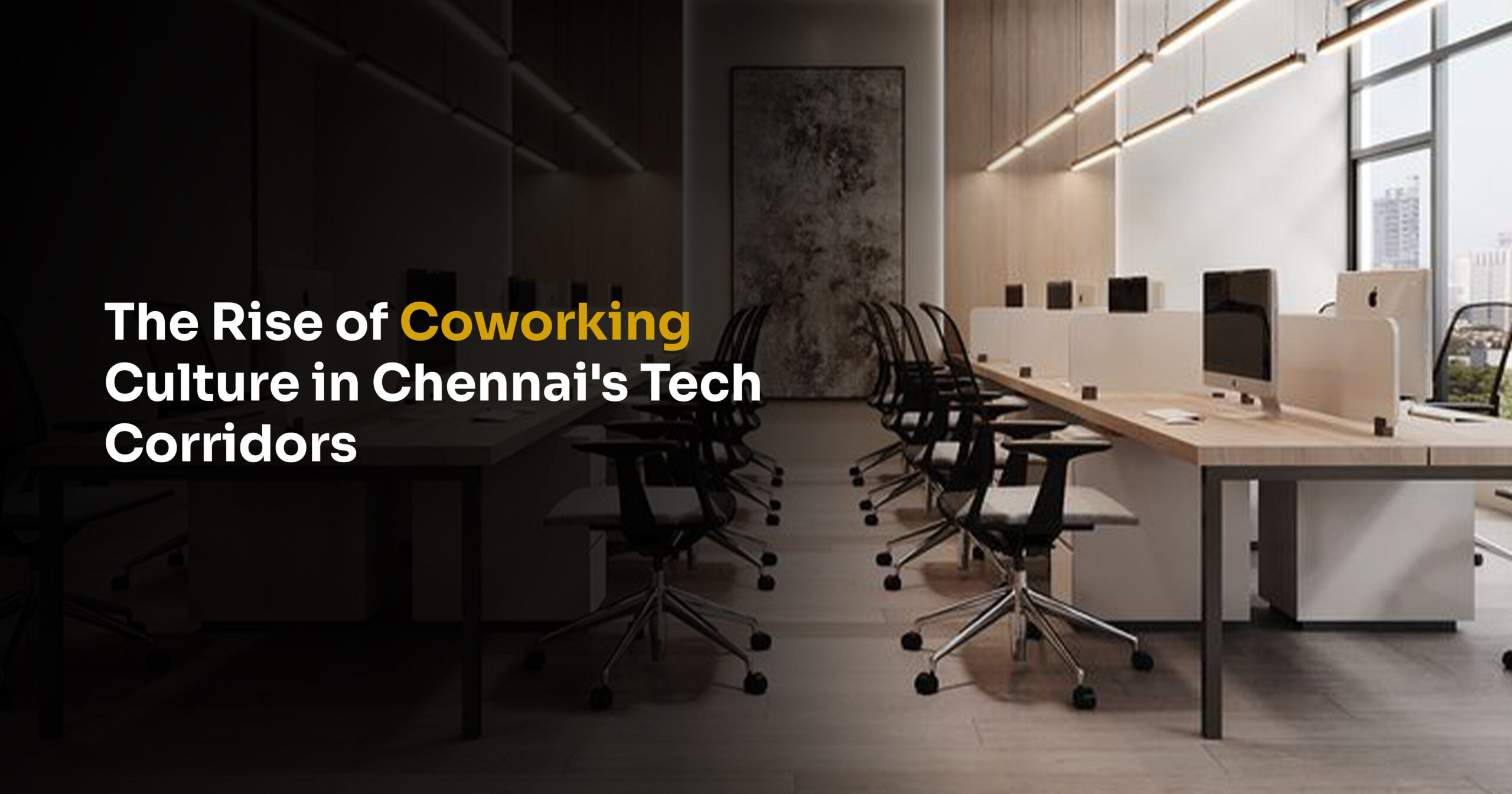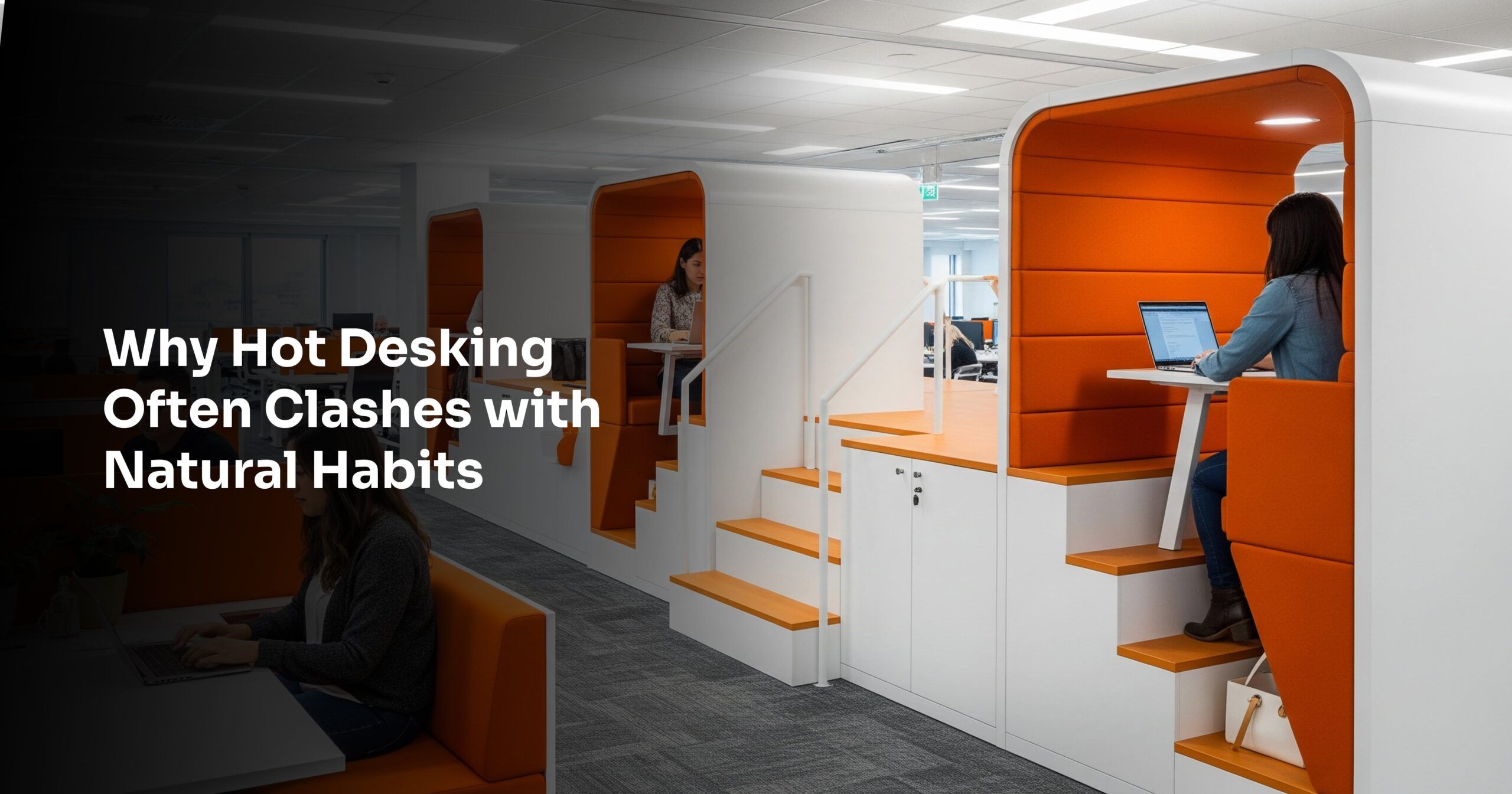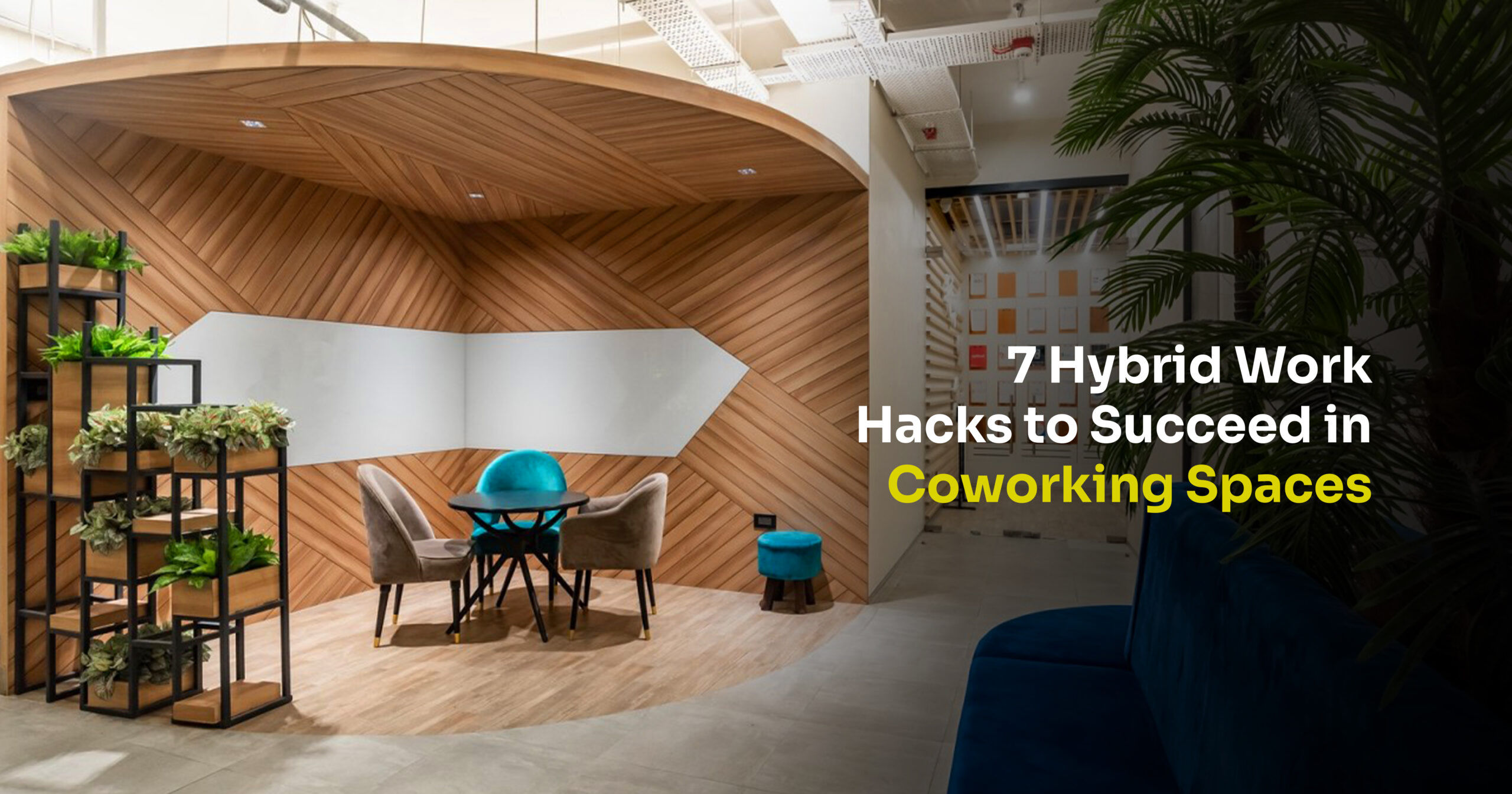Chennai—Tamil Nadu’s vibrant capital—has evolved into a major tech hub in India, with bustling zones such as OMR (Old Mahabalipuram Road), KK Nagar, Anna Salai, Mount Road, Anna Nagar, and Guindy. This transformation is closely tied to the emergence of a dynamic coworking culture, which supports innovation, scalability, and collaboration.
From solopreneurs and startups to SMEs and corporate satellite teams, the use of Coworking spaces in Chennai has surged. Why? Because they offer flexibility, cost-effectiveness, vibrant ecosystems, and infrastructural convenience. In this article, we explore Chennai’s coworking space wave, its relevance to tech professionals and businesses, and its future trajectory.
Why Chennai’s Tech Landscape Favors Coworking ?
a) Tech Boom & Talent Demands
With global players like Accenture, TCS, Zoho, and increasing startup activity, Chennai demands flexible office solutions that can scale with growth.
b) Rising Lease Costs & Short-Term Projects
Premium locations like OMR and Guindy have steep lease rates. Coworking allows businesses to avoid long-term leases, with month-to-month or daily plans.
c) Desire for Collaboration & Innovation
Need to network, access mentors, collaborate or hire agile talent? Coworking spaces are natural incubators for that synergy.
d) Government Support for Startups
Tamil Nadu’s startup initiatives, government incubation programs, and policies supporting entrepreneurship are percolating into coworking adoption.
Key Benefits of Coworking for Businesses & Entrepreneurs
| Benefit | Description |
|---|---|
| Cost Efficiency | Only pay for space you use—desk or private cabin—no maintenance overhead. |
| Scalability & Flexibility | Add seats or scale down based on project or hiring cycles. |
| Amenities Included | High-speed Wi‑Fi, meeting rooms, printer access, pantry, reception—all included. |
| Community Networking | Meet collaborators, mentors, investors, and talent within your space. |
| Prime Locations | Get presence in top tech corridors without high rent. |
| Lifestyle Perks | Events, workshops, wellness zones boost morale and well-being. |
These all make coworking especially appealing to consultancies, creative agencies, software houses, and even remote teams.
Coworking Hubs Leading the Way in Chennai
The Executive Zone – Multiple Locations
As your own brand, The Executive Zone offers meticulously designed spaces in OMR, Anna Nagar, and Guindy. Amenities include private cabins, open desks, meeting rooms, lounge areas, and event facilities—geared toward tech professionals and businesses.
Awfis (Anna Nagar, OMR, T Nagar)
A national player known for its consistency, flexible plans, expertise in setup, and corporate-level amenities.
Regus (Guindy, Tidel Park)
Offers well-branded, professional-grade coworking with business-class reception, ready-to-use offices, and global access.
Beam & CoLabs (OMR)
Specialized in entrepreneurship and scale-ups; strong events and founder-centric programs.
Indiqube (OMR, Pallikaranai)
Focuses on robust tech infrastructure, ISO-certified security, conference halls, and enterprise-level compliance.
Success Stories from Chennai-Based Companies
MindTech Analytics
A small AI startup that began as a two-person team in a coworking cabin at The Executive Zone. Within six months, they expanded to hire four additional developers and clients, all without shifting locations.
DesignFlow Studio
This UX/UI consultancy started at Awfis, benefiting from design-focused workshops and hiring local creative interns. Patiently they grew into a 12‑person team, now occupying a private floor.
NHS Ventures
A healthtech initiative incubated at Indiqube, working with medical colleges in Chennai. They launched two pilot programs across hospitals in under a year.
Design, Amenities & Community: What Matters Most

Thoughtful Design & Ergonomics
- Natural light, open layouts, quiet zones
- Ergonomic chairs, sit-stand desks, breakout lounges
- Focused areas for concentration and comfort
Tech Infrastructure
- High-speed fiber internet
- Business-grade power backup
- Secure, encrypted networks and advanced CCTV systems
Supportive Amenities
- Well-stocked pantries with tea, coffee, snacks
- Reception and front-desk services
- Meeting rooms equipped with video-conferencing
Community & Events
- Networking events, pitch nights, and masterclasses
- Mentorship hours with finance, legal, or HR experts
- Health & well-being sessions: yoga, mindfulness
- Casual socials: from movie nights to game zones
Challenges & How to Overcome Them :
a) Noise & Distractions
Choose silent zones or cabin spaces when focused work is required.
b) Community Fit
Vetting the community is crucial—breakeven depends on synergy more than cost.
c) Scale-In Challenges
Ensure that providers like The Executive Zone allow seamless upgrades from desk to cabin to private office without relocation delays.
d) Data Security
Tech teams should verify infrastructure compliance, backup protocols, and NDAs when handling sensitive client data.
Future Outlook: Hybrid Work & Beyond
Rise in Hybrid Models
Companies are opting for hub-and-spoke models—headquarters in metro cities, satellite teams in coworking hubs like The Executive Zone in Chennai, fostering better work-life balance.
Virtual Offices & Distributed Teams
Services like virtual addresses, flexible meeting spaces, and on-demand day passes empower businesses that are fully remote.
Integration with Incubators/Accelerators
Many coworking operators now host accelerators, industry roundtables, and coaching that support early-stage growth.
Sustainability & ESG Focus
Green certifications, shared energy systems, plant-rich interiors, and cleanup drives are becoming standard.
Conclusion: Seizing the Coworking Opportunity
The coworking revolution in Chennai’s tech corridors is more than a trend—it’s a strategic evolution for businesses and entrepreneurs across industries. Coworking offers superior flexibility, cost solutions, community potential, and infrastructure—without the commitment of traditional offices.
For startups, SMEs, consultants, freelancers, or remote teams, coworking unlocks growth, experimentation, and success. If need be, choose spaces like The Executive Zone that deliver premium experience, seamless scale-up paths, and community-first environments.
Take the leap today:
- Visit a coworking hub near OMR, Anna Nagar, or Guindy
- Attend a coworking open-house or virtual tour
- Choose cobạs that support your business life
At The Executive Zone, we are committed to helping Chennai’s business community thrive. Whether you’re a bootstrap startup or a scaling enterprise, coworking is no longer optional—it’s essential.
Are you ready to elevate your workspace and join Chennai’s coworking revolution? Feel free to get in touch, book a tour, or request your free workspace consultation today!







